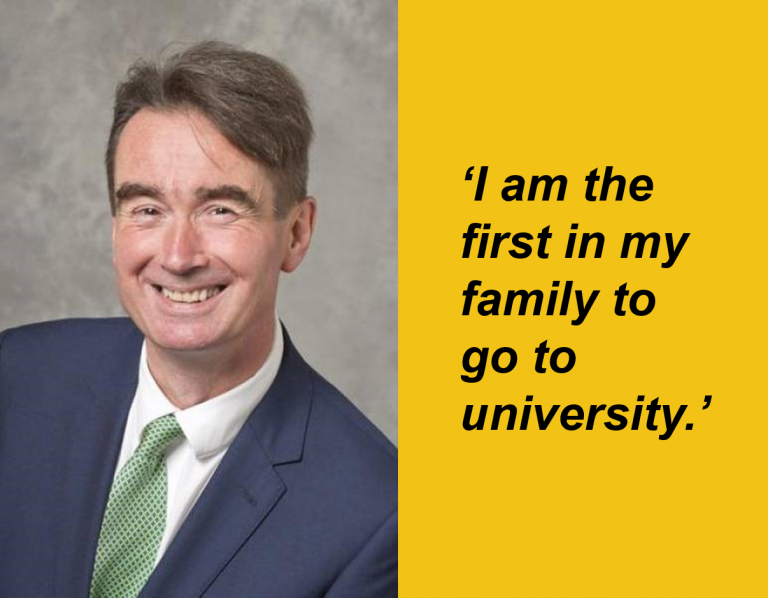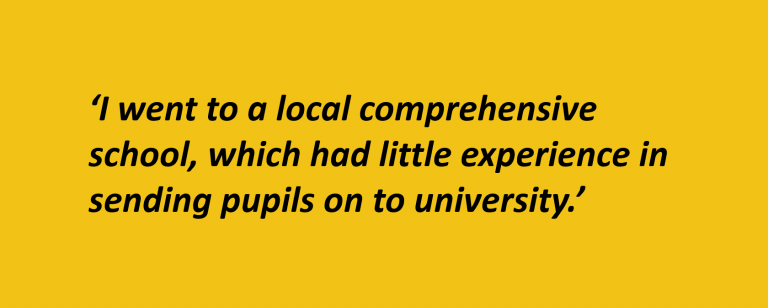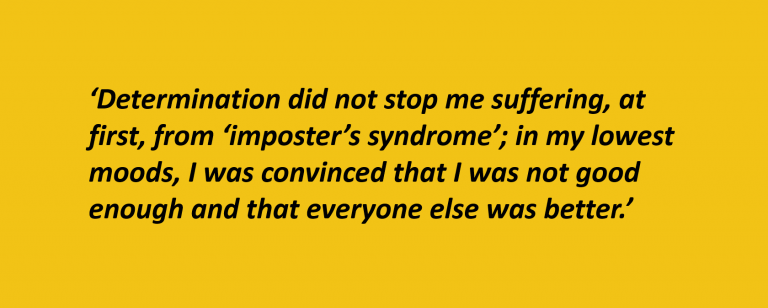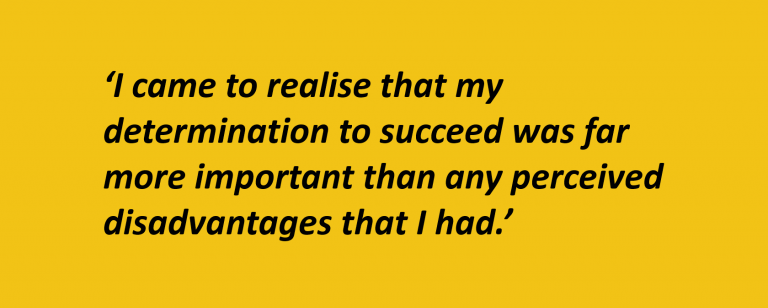UCL History is a diverse and inclusive department and our 'Staff Journeys' series highlights the different experiences and interesting routes that our historians have taken to get to where they are.
My Journey as a Historian – Professor Stephen Conway
I am the first in my family to go to university. My father was a skilled engineering worker and my mother a secretary. I was fortunate, as my parents, despite having had to leave school at fourteen for financial reasons, both believed in the value of learning. Denied opportunities themselves, they encouraged me to see education as the key to individual fulfilment and a passport to a better life.

As an only child, I probably spent more time reading than most of my peers (there was no internet then to distract me). History became my favourite subject. In part, I think that was because my father, who was forty-three when I was born, used to tell me a lot about his own experiences, including as a young man in the Second World War. My parents were also very politically committed (especially my mother, who had been a Young Socialist); the constant talk of politics in my childhood home furthered my interest in history.
I went to a local comprehensive school, which had little experience in sending pupils on to university. My A level grades would have allowed me to go to Oxford, but lacking confidence in my abilities, I did not even consider applying.

It perhaps did not help that my father died when I was in the Lower Sixth. A dreadful blow at the time, I now think that his death shaped my life profoundly. It led, first, to a lot of soul searching on my part about whether I should go to university, or stay at home and support my widowed mother. My mother – very bravely – made it clear that she wanted me to take the opportunity available to me and not look back. She was incredibly (and selflessly) supportive.
My determination to succeed, now I think about it, owed a lot to my mother’s wish that I seize opportunities denied to her and my father. Determination did not stop me suffering, at first, from ‘imposter’s syndrome’; in my lowest moods, I was convinced that I was not good enough and that everyone else was better.

I am not sure when it happened, but I think it was sometime in my first year as an undergraduate historian. But I remember very distinctly thinking that I had to stop being intimidated and overawed. I told myself that I was as good as any of my peers and had as much right to be at university as they did. I’m not sure it was true; but, to my great surprise, I gradually came to believe it.
After graduating, I came to UCL to begin research leading to a doctorate (there was no requirement to do an MA in those far-off days). I continued to have regressions back to my earlier lack of confidence, when I feared that I was ignorant of the inside knowledge of how to do things that many of the other (privately educated) research students clearly possessed. But, as when I was an undergraduate, I came to realise that my determination to succeed was far more important than any perceived disadvantages that I had.

I received my doctorate at a difficult time; cuts in public spending meant that there were very few new university posts. I was fortunate to become a research assistant on a project in the department, and then a research fellow. I did some teaching, and then became a junior lecturer. A few years later, I was made a reader, and then, a few more years after that, a professor. I have served in most of the History Department’s administrative roles – department tutor, admissions tutor, chair of the board of examiners, head of department. I am now the graduate tutor.
As I look back on a long career, I regard myself as incredibly lucky. I had supportive parents and many fortunate breaks. My own contribution was determination – determination to succeed and determination not to give way to feelings of inferiority.
 Close
Close

